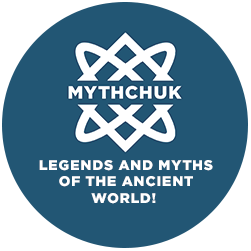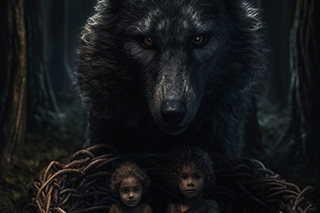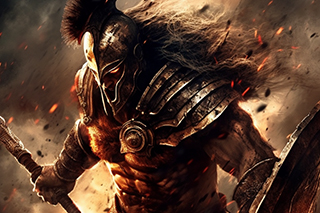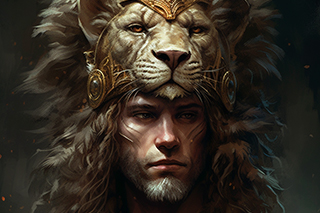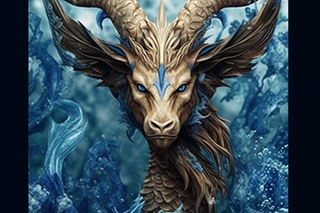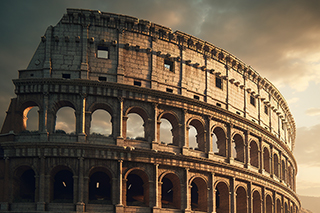Roman Mythology
- Main
- >
- Roman Mythology
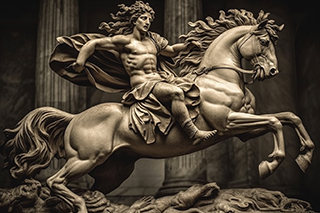 Roman Mythology
Roman MythologyRoman mythology is another remarkable cultural heritage passed down to us from the ancient Romans. They left behind many myths and legends that reflected their worldview and the gods who surrounded them.
Much of Roman mythology was adopted from Greek sources. However, it's important to note the concise and reserved nature of Roman descriptions of their gods. Unlike the Greeks, Romans didn’t emphasize familial ties among deities, and many gods were described in abstract terms. Some even lacked proper names and were known only by their titles. On the other hand, Roman myths were tied to specific historical times and places, making them feel more like real events than fictional stories.
The most common Roman deities were *guardian gods* – patrons of specific human activities such as plowing, sowing, or harvesting. Some were believed to govern personal emotions, thoughts, or life events like childbirth, first steps, loyalty, fear, and joy.
Each day of the week had its own patron god, and every individual was believed to be guided through life by a personal goddess of fate – *Fortuna*.
Ancestors played an important role in Roman spirituality. The dead were honored and believed to become protective spirits known as *manes*. However, if angered by their descendants, they could turn into malevolent spirits called *lemures*.
Roman mythology had roots in *Etruscan beliefs*, dating back to the first millennium BCE in northwestern Italy. The Etruscans envisioned the Earth as a flat disc, beneath which lay the underworld and above which hovered the celestial dome – home to the gods, divided into four sections. They believed gods had many secret names unknown to humans. The Etruscan pantheon featured twelve main gods, among whom *Tinia* – the god of the sky and lightning – held supremacy. Clearly, some of these gods were modeled after Greek prototypes, showing the influence of their more developed neighbors. Still, the Romans struggled to make their gods feel as vivid and human as the Greek deities.
One of the defining traits of Roman mythology was its focus on *collectivism*, not the individual. Roman religion developed within communal life and was one of the clearest expressions of that system. Kings and priests formalized religion and assigned patron deities to specific families and clans. These familial cults were expected to be upheld without question.
Eventually, the Roman system of slavery and its societal structure led to major transformations. As slavery waned and society progressed, the old polytheistic religion gave way to Christianity, marking a significant cultural and religious shift in Roman history.
